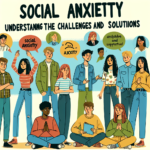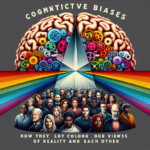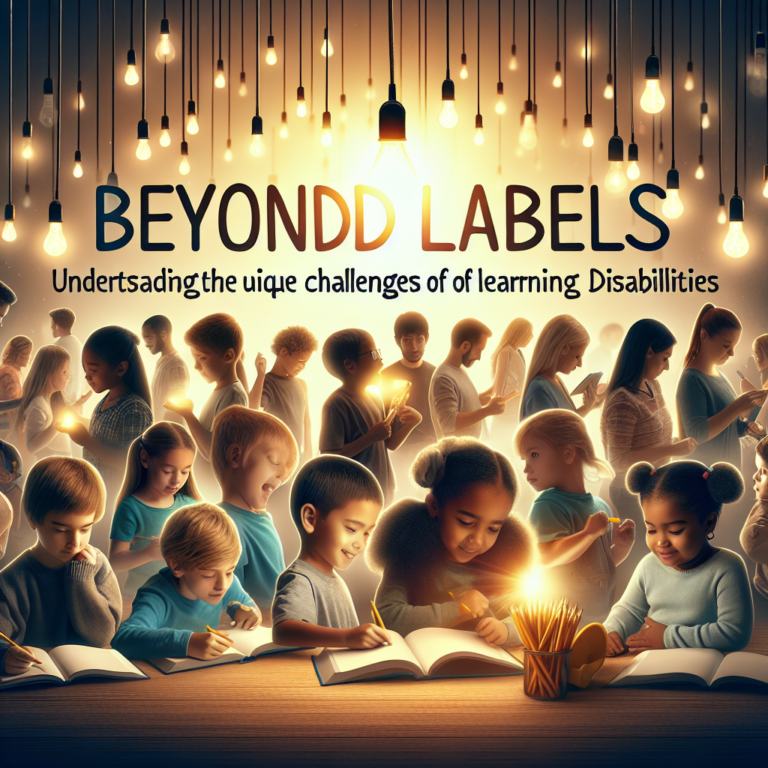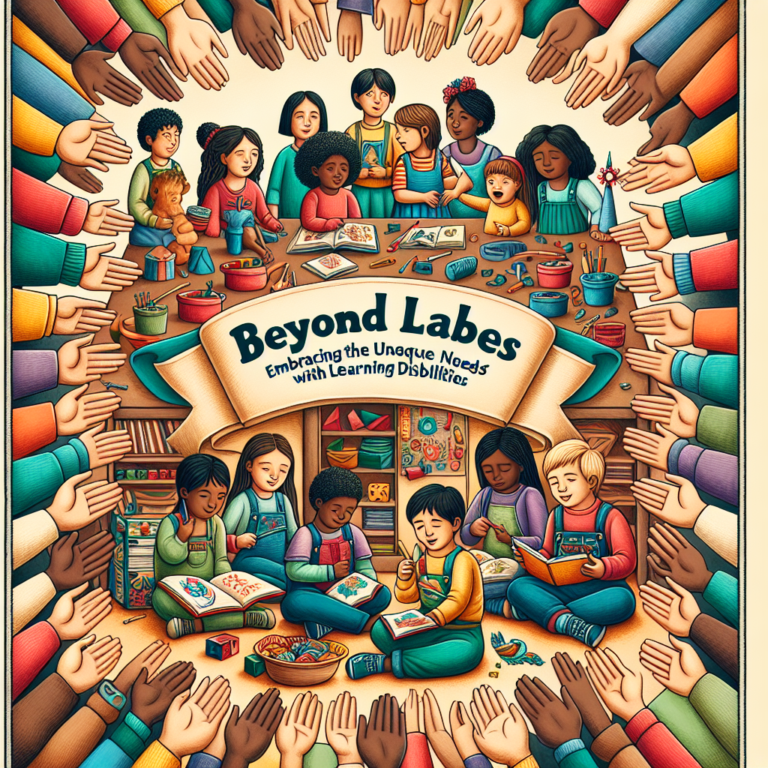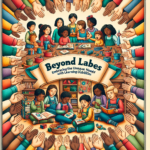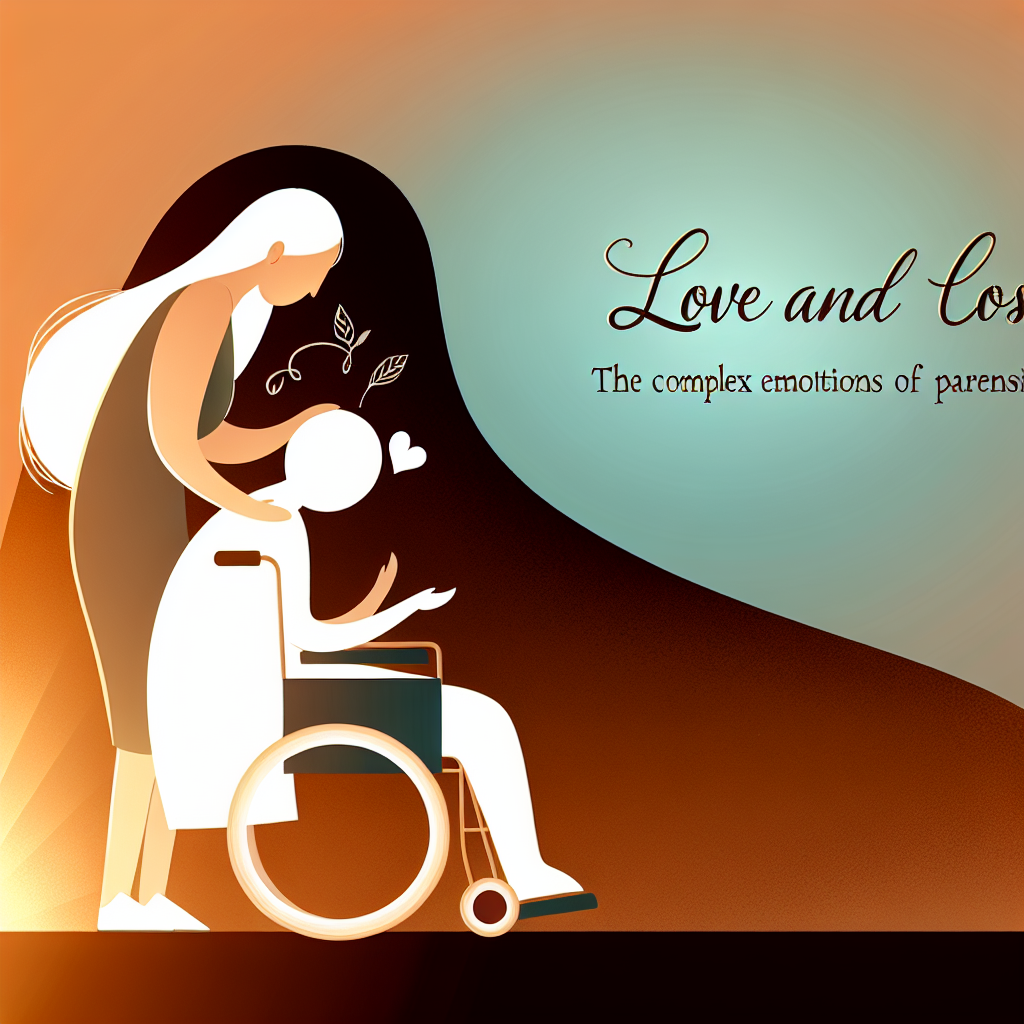
Love and Loss: The Complex Emotions of Parenting a Child with a Disability
Introduction
Parenting is often painted as a joyous journey filled with laughter, milestones, and cherished moments. But for some parents, this journey is intertwined with a different narrative—one that involves navigating the profound emotions of love and loss while raising a child with a disability. The topic, "Love and Loss: The Complex Emotions of Parenting a Child with a Disability," reveals how these emotions coexist, shaping not only the lives of parents but also the experiences of the children and families involved.
In this article, we delve into these intricate, often conflicting emotions. Through real-life case studies, insightful analysis, and actionable insights, we aim to provide a deeper understanding of the challenges and triumphs of parenting in this context, emphasizing the resilience and strength that can emerge in the face of adversity.
Love: The Driving Force
The Depth of Parental Love
Parental love knows no bounds. It is a fierce, unconditional force that propels parents to fight for their child’s rights, advocate for their needs, and celebrate their unique abilities. In the context of disability, this love often manifests as a relentless pursuit of solutions, resources, and support systems.
Case Study 1: Emma’s Journey with Autism
Emma’s parents were devastated when they received her autism diagnosis. Initially, they felt a profound sense of loss, mourning the “typical” child they had envisioned. However, as they adapted to her needs, their love transformed their perspective. They learned to find joy in Emma’s achievements, big and small—her first words, her ability to connect through play, and her unique insights into the world.
Analysis: Emma’s case illustrates that love can drive parents to shift their focus from societal expectations to a celebration of individuality, enhancing the parent-child bond.
Developing a Unique Relationship
The relationship between a parent and a child with a disability can differ vastly from typical parent-child dynamics. This variance is often a result of the need for more specialized communication, tailored activities, and a heightened awareness of emotional triggers.
Unique Communication Styles
Parents often develop new ways of communicating, adapting creative methods that resonate with their child’s particular needs.
Chart 1: Common Communication Techniques Used by Parents of Children with Disabilities
| Communication Technique | Description |
|---|---|
| Visual Supports | Using pictures to convey messages |
| Sign Language | Facilitating communication through gestures |
| Assistive Technology | Leveraging devices for interaction |
Loss: Navigating Grief and Acceptance
Understanding the Spectrum of Loss
In the context of parenting a child with a disability, "loss" often refers to various emotional stages, including the loss of dreams, altered expectations, and sometimes, the loss of relationships that struggle to adjust to the new reality.
Case Study 2: Michael’s Transition to Parenthood
Michael recalls the heartbreak he felt upon learning about his son’s cerebral palsy diagnosis. The hope of a traditional family experience seemed distant. Along with this realization came the grief associated with unmet expectations—losing the idealized version of parenthood he had once envisioned.
Analysis: Michael’s journey underscores that the emotional landscape of parenting a child with a disability often includes both grief and love, and navigating these emotions is crucial for their own wellbeing.
Coping Strategies and Support Systems
Parents may employ various coping mechanisms to manage their grief, helping them navigate the complexities of disability.
Key Support Systems
- Family: Immediate family can provide emotional support, understanding, and validation.
- Community Groups: Connections with other parents facing similar challenges can foster a sense of belonging and understanding.
- Professional Guidance: Therapists and counselors can assist families in navigating their complex emotional landscapes.
The Balance of Love and Loss
Finding a Path Forward
The journey of parenting a child with a disability is rarely linear; it often oscillates between moments of profound love and instances of aching loss.
Building Resilience
Parents often develop resilience as they learn to balance these emotions. Finding ways to cherish loving moments while allowing space for grief is essential.
Chart 2: Strategies for Building Resilience
| Strategy | Description |
|---|---|
| Mindfulness and Meditation | Practicing present-moment awareness |
| Journaling | Expressing thoughts and emotions on paper |
| Celebrating Small Victories | Acknowledging each achievement, regardless of size |
Case Study 3: Sara’s Holistic Approach
Sara, a mother of a child with Down syndrome, emphasizes the importance of celebrating small victories. They have a “gratitude jar” where family members add notes each time something positive occurs.
Analysis: This practice serves as a coping mechanism, reinforcing the idea that love can coexist with loss, providing a visual reminder of the joy that exists alongside challenges.
The Broader Implications of Love and Loss in Disability Parenting
Community Responses and Changes
Societal understanding of disabilities is evolving, yet stigma and misunderstanding persist. Parents often find themselves as advocates, pushing for broader acceptance and inclusion.
Enhancing Awareness
- Communication: Sharing personal stories to humanize disabilities.
- Education: Providing resources that foster understanding within communities.
Conclusion
Navigating the complex emotions of love and loss while parenting a child with a disability is a journey filled with challenges, yet one that can also yield profound depths of emotional richness. Embracing the duality of these experiences allows parents to cultivate resilience, foster stronger relationships with their children, and advocate for a more inclusive society.
By understanding that both love and loss can coexist, parents may find greater peace, transforming their struggles into stories of triumph and connection.
FAQs
1. How can parents manage their feelings of grief when parenting a child with a disability?
It’s essential to allow yourself time to grieve while simultaneously focusing on your child’s strengths and achievements. Support groups and counseling can provide a safe space to express these feelings.
2. What are effective coping strategies for parents feeling overwhelmed?
Some successful strategies include support groups, mindfulness practices, and engaging in hobbies or activities that bring joy.
3. How can families celebrate achievements without focusing on limitations?
Maintain a positive outlook by recognizing milestones—large and small—and incorporating celebration rituals, such as family dinners or charts of progress.
4. What role does community play in the journey of raising a child with a disability?
Community support can be invaluable. Engaging with other families and advocating for changes can enhance both your family’s and your child’s experience.
5. How can parents balance advocacy with personal needs and self-care?
Prioritize self-care by scheduling ‘me time’ and finding local resources tailored to parents. Balancing advocacy and personal time can help you recharge while fighting for change.
By offering insights into the complex interplay of love and loss in this unique parenting experience, we inspire hope, resilience, and a sense of community among parents traversing similar paths.

